So I Took a Sabbatical: What Did I Do with the Time Off?
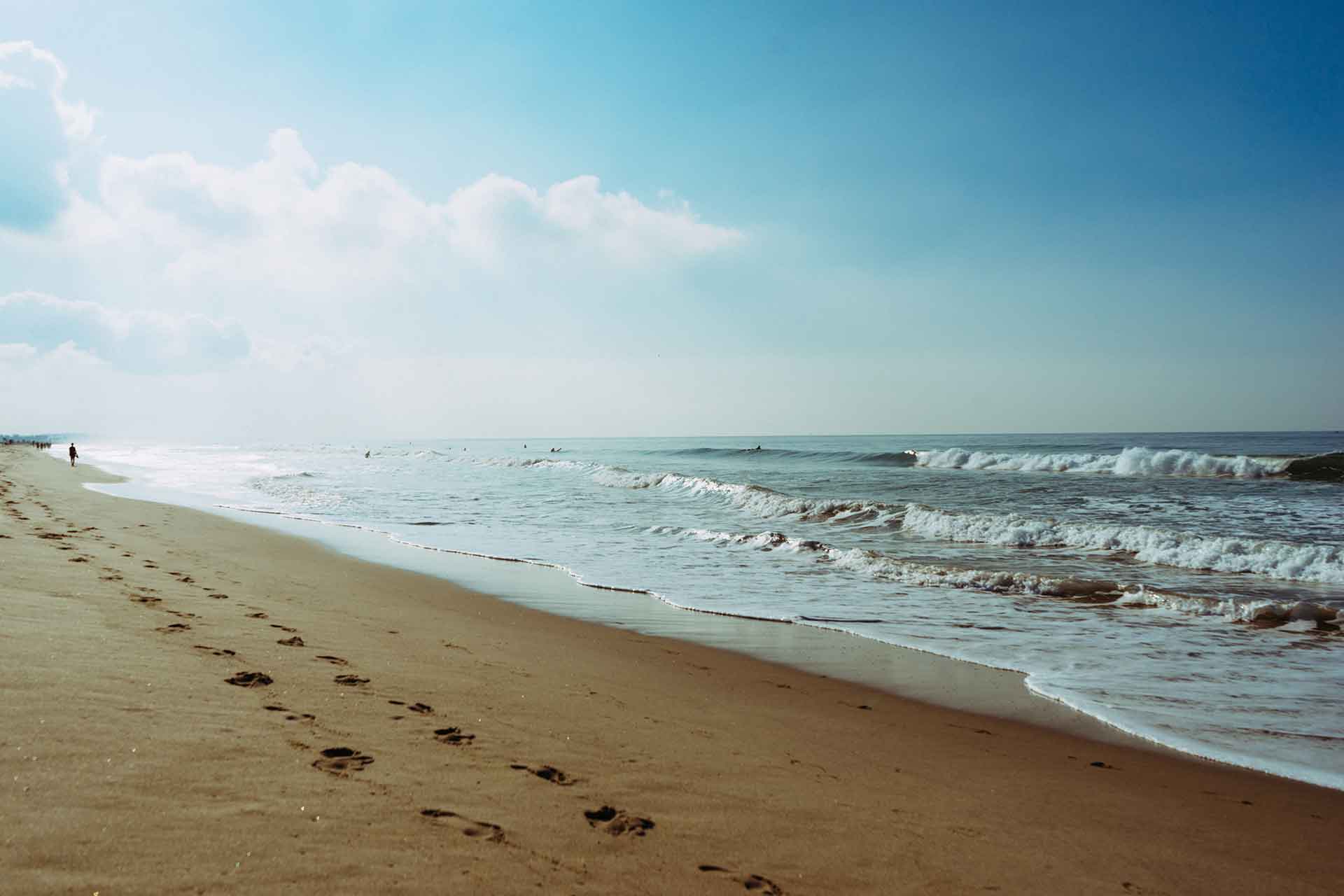
This is part 3 in a series of my sabbatical experience.
The very first thing I did? Literally?
Participate in my first mud run.
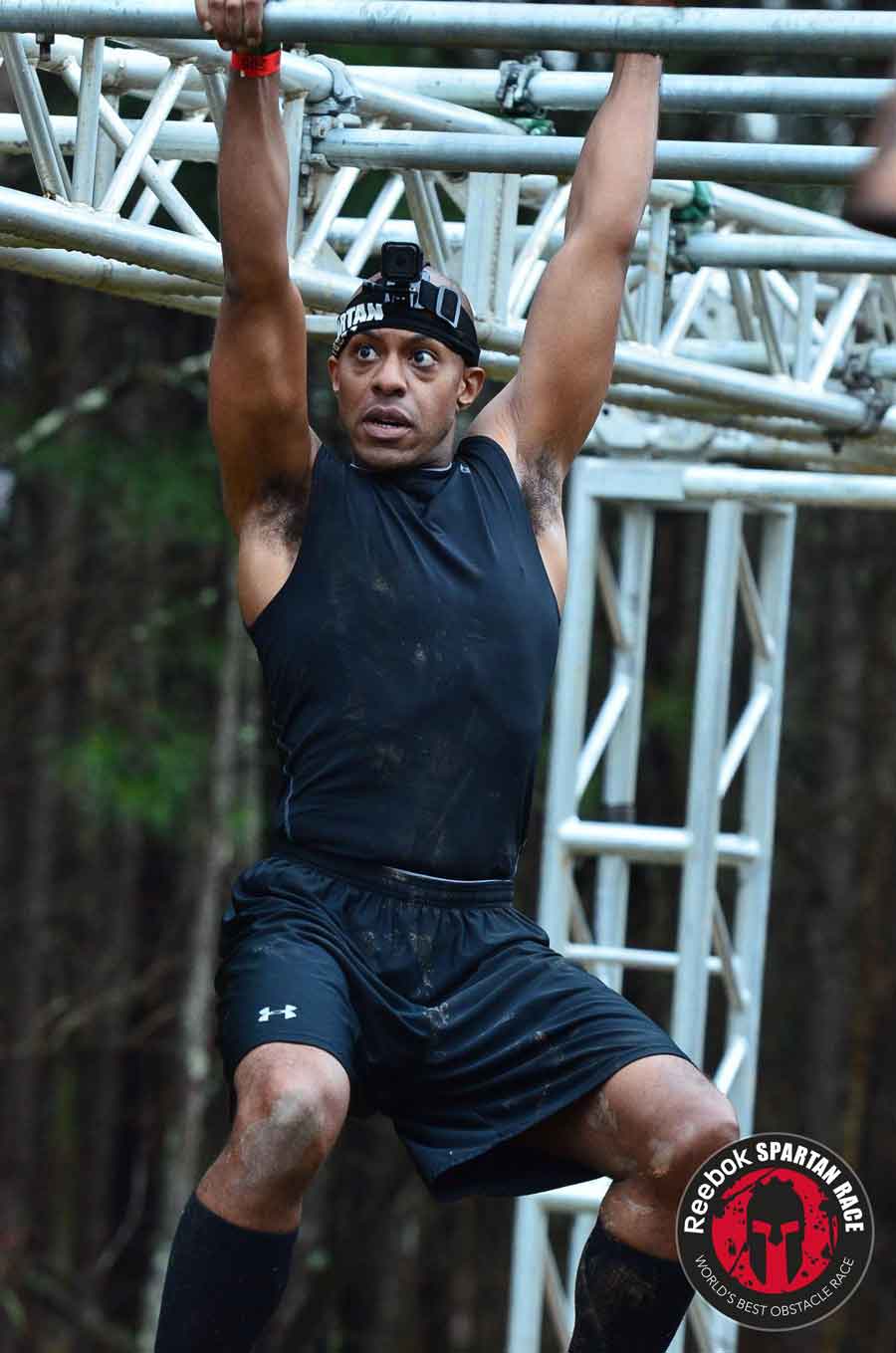
To be fair, that was a challenge I had accepted long before I even thought about taking a sabbatical, so it was a mere coincidence that the dates lined up in such a way.
Being freed from the structured nature of a corporate job, however, was an adjustment. While the day-to-day may be chaotic uniquely challenging some days, there were consistent variables that rarely changed: you show up around the same time, work in generally the same area, and use the same tools, amongst other things.
You may have come across blog posts or articles about productivity that have content along the lines of If you could do anything in a given day, what would it be?
Well, reading about it and actually doing it, however, are two different things.
As I mentioned in a previous post, I did take some time to look back on my life and career. Without that exercise, I don't think I would've had the basis to do anything else.
So, I made a plan.
I blocked time every day to write, read, and immerse myself in technology that I haven't had the opportunity to dive into as deep as I would've liked. I also made sure to do something physical each day.
Reading involved going through anything that peaked my interest from a business or technical perspective (of which I've included a brief list of interesting ones at the end of this post).
Once all was said and done, my days looked like this:
- 5:30am: Hour long workout, part of a separate plan with separate goals. I did this first thing in the morning so if anything came up during the day, it'd be done and out of the way.
- 6:30 to 7:30am: Catch up on email, news, eat breakfast. I did this for about an hour or so.
- 8:30am: Ready to start the day.
- 8:30 to 1130am: Write either blog content or code. A lot of focused keyboard time.
- 11:30am to 12:30pm: Lunch.
- 12:30pm to 2:30pm: Side projects. This involved writing code, setting up environments, researching technology, or making progress on a proof of concept.
- 2:30pm to 3:00pm: A break. I would fit in a 30 minute workout if I felt like it or go outside for a walk.
- 3:00 to 4:30pm: Read.
- 4:30 to 5:00pm: Get things in order for the next day.
- 5:00 to 6:00pm: This time was set aside for cooking. If there were leftovers, then I'd read or write more code.
- 6:00 to 9:00pm: Uninterrupted time with my SO until she goes to bed.
- 9:00 to 11:00pm: Free time. Follow up on emails, watch TV, read, or any other activity that I could casually "multitask".
- 11pm: Bed.
In addition, I had small goals for each day: read one chapter of a book, sketch the user experience workflow for an app, and write several lines of meaningful, unit tested code. These small goals kept me focused. And while the above may seem like work, every single item relates to my core values.
Let me tell you: the days went by fast! That small twinge of anxiety before going to sleep on Sunday before getting back in the swing of things on Monday, having a brief respite on Taco Tuesday, only to make it to Wednesday thinking that it's Thursday which makes you regret Wednesday even more once you realize it...
All of that went away.
I looked forward to working "just a few more hours" on that project for a friend. Losing sleep thinking about an algorithm, technology, or a financial plan didn't bother me at all. It was the most productive I've been in a long time.
I had a clear focus, and it was amazing.
Now don't get me wrong, there were a few days where I simply felt like doing "nothing". There was a day or two where 95% of my attention was on Netflix while my laptop was opened with the cursor accusingly blinking at me. Most of the time I'd refocus back to the task at hand, but admittedly, that wasn't always the case.
Something I certainly didn't think about was the nature of my new work surroundings and how that would impact my productivity. Namely, I was home... ALL the time. No morning (or evening) commute, no eerily soft-yet-harsh-at-the-same-time fluorescent lighting, and no quiet "buzz" of an office of people working in a field of cubes.
Just me, at home, with these people.

While cute, they suck at conversation.
However, while that sounds like a trivial concern, I found that I missed people the most. As an introvert, I initially found the idea crazy, but as humans we need other humans to feel... well, human. Everyone I usually socialized with were at work and, by day two, most were messaging back Dude, stop reminding me I'm at work and you're not.
I did change things up every now and then. I'd go to a coffee shop with a laptop and headphones. I sat outside of my house on the porch. Really anything to break up the monotony.
I even invested a significant portion of my time investing in my own company. My older brother was an entrepreneur/small business owner for a number of years and, after reflecting on my past experiences, I realized I wanted to start something that represented my values that I could share with others. I spent about a month planning, researching, and connecting with old friends and colleagues who had a similar mindset to put something together. And while all the stars haven't perfectly aligned -- they rarely do -- to fully realize the vision I had originally put together, the continued effort and knowing that it is exactly what I feel I am meant to do is what continues to fuel my professional aspirations every day.
That endeavor was something that had been percolating for years, but I was always too afraid to start. There was always an excuse; always a reason not to take the plunge. But, there was an excuse not to start a blog, not to get back into shape, not to read that book... and not to leave a steady job to reassess your life and start something from scratch. It all started with something.
I did have a chance to do a little traveling with my SO during this time. She was still working, but took time off for us to go on a few trips. Below are a few photos.
London:

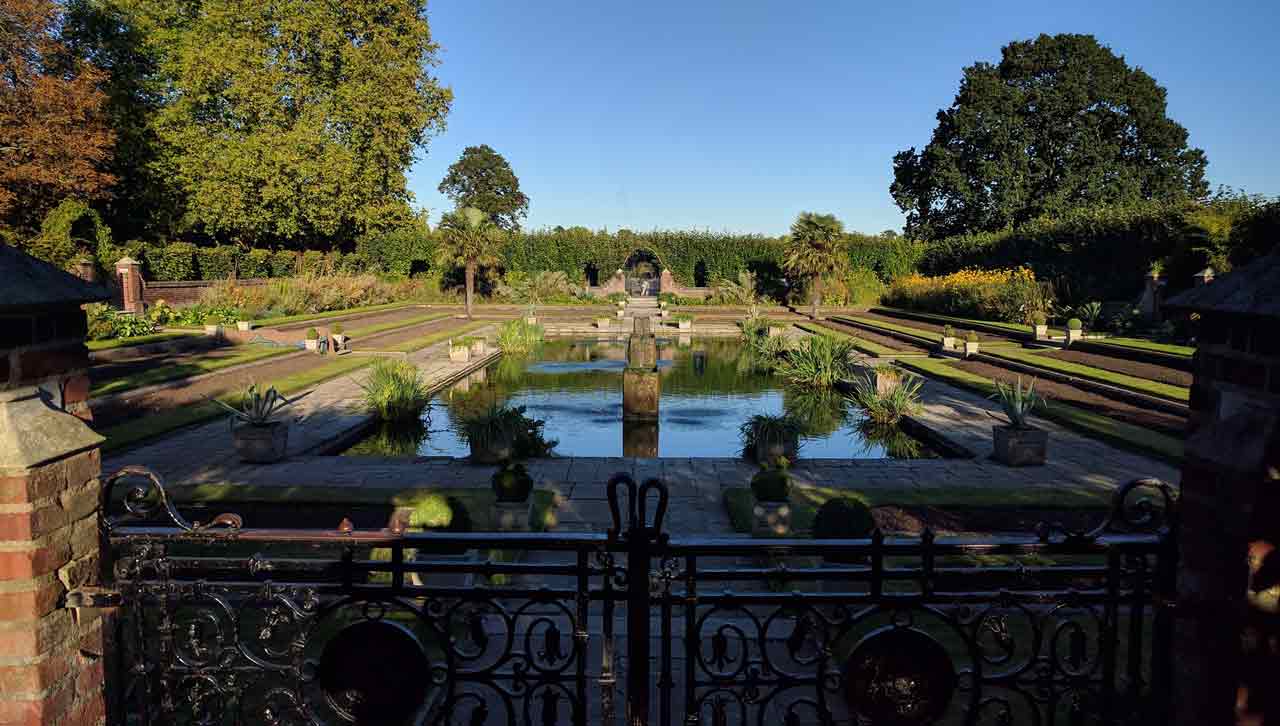
Orlando (NFL Pro Bowl):
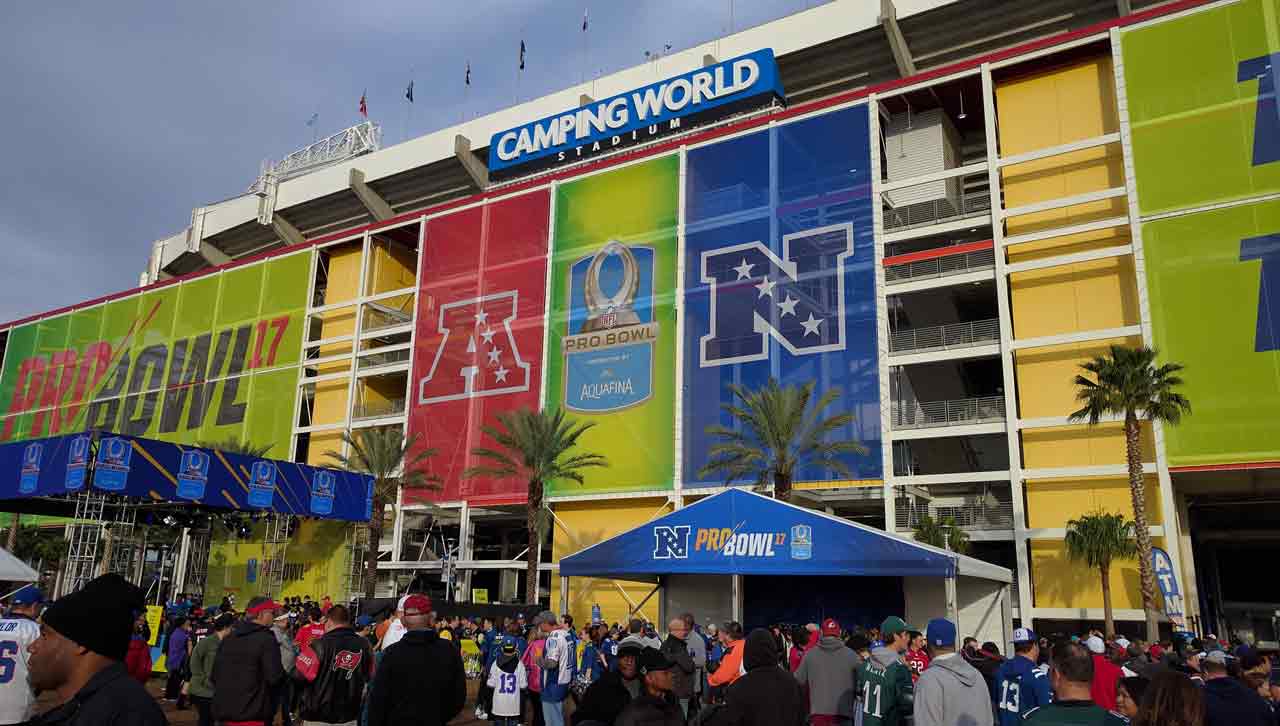
Blue Ridge, GA:
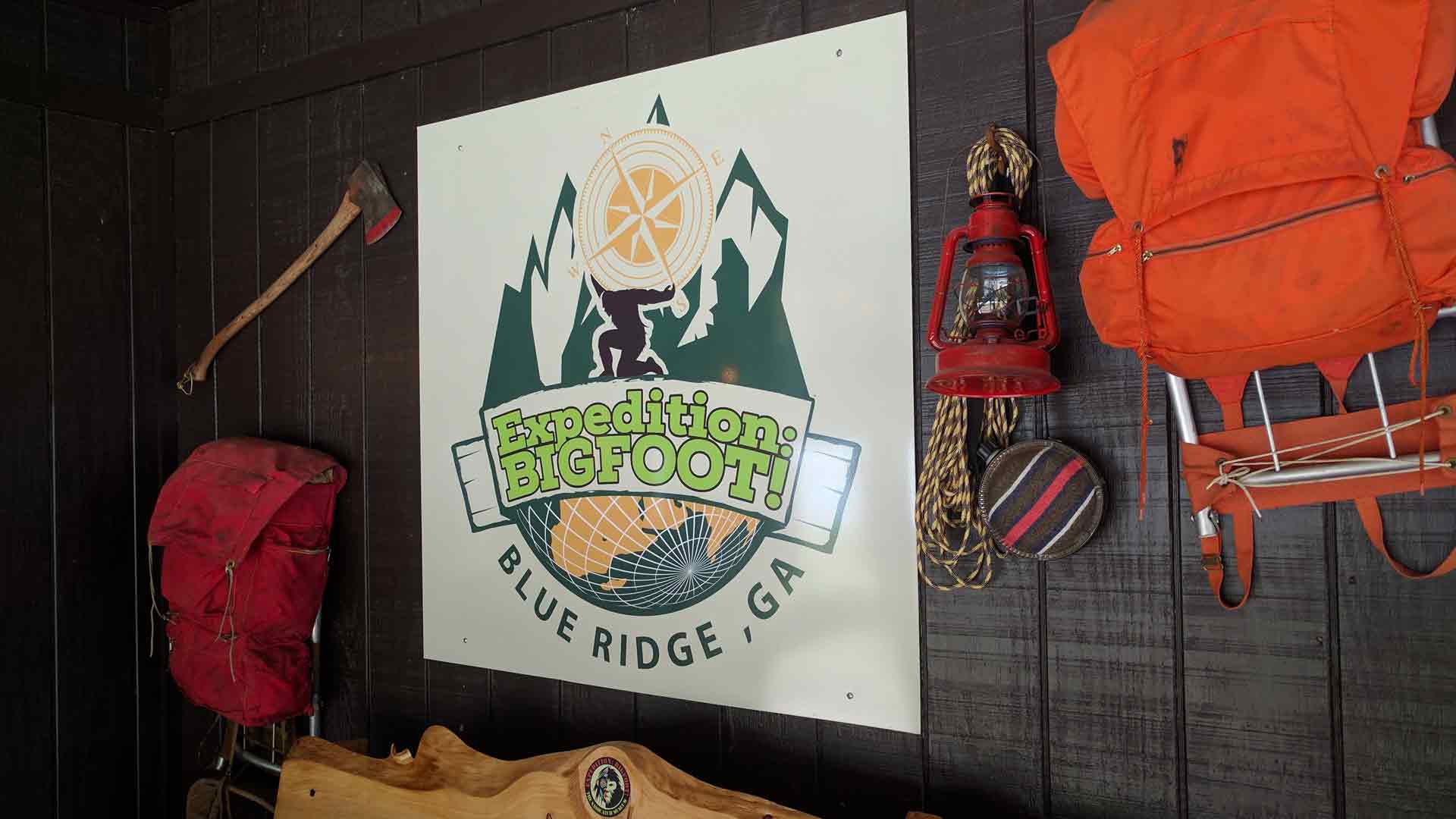
New York City:
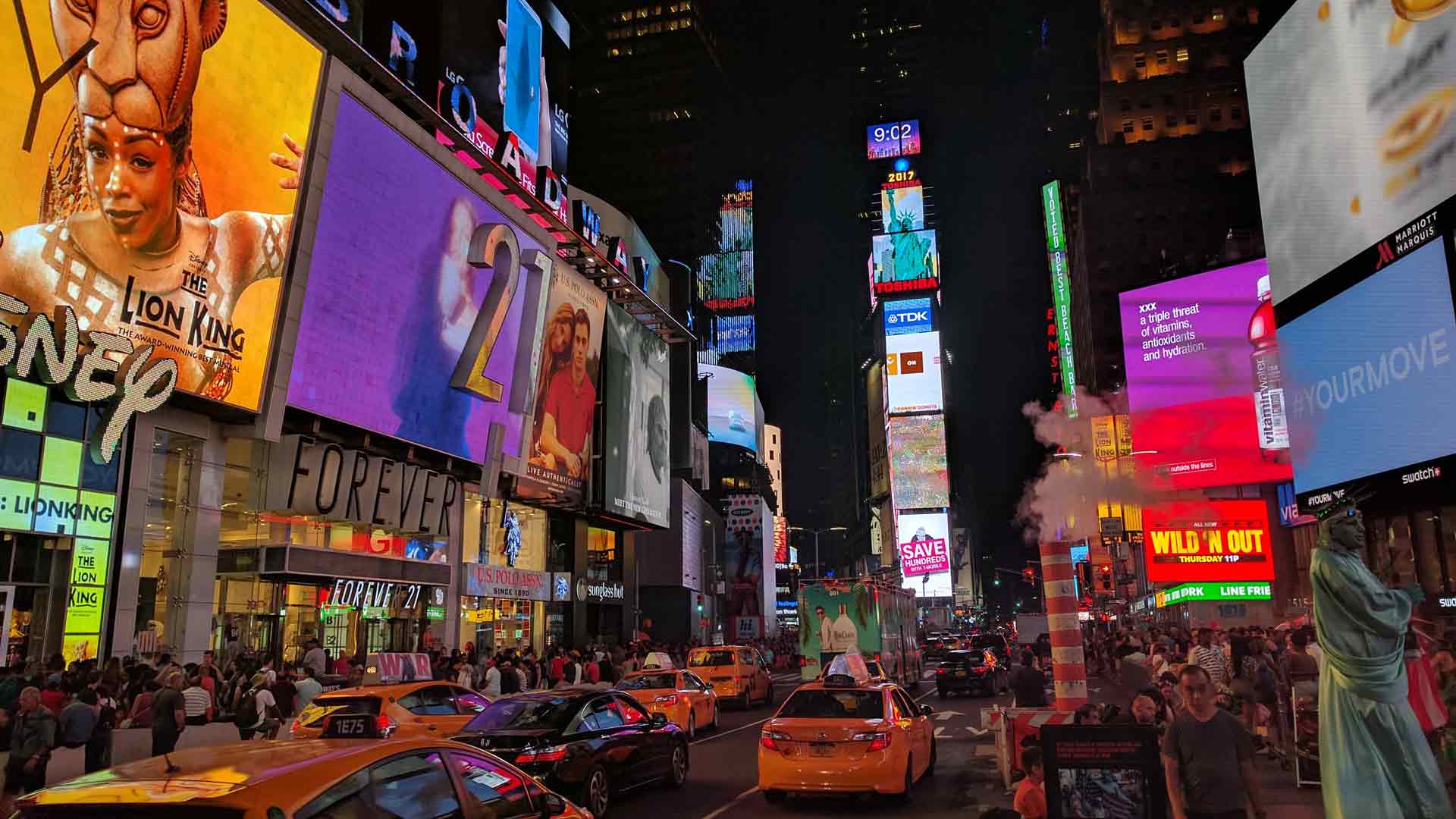
And what about money?
Taking an extended period of time away to reflect, travel, and work on your dreams all sound great in theory, but life doesn't stop: bills need to be paid, unexpected expenses arise, and you still need to eat.
I've been fortunate to have had the opportunity to save money during my career. When it comes down to it, I'm pretty simple. I don't buy a lot of "things", but I don't consider myself frugal, either. As I mentioned before, my SO works (she's a doctor of physical therapy, so she's Dr. SO) and we don't have any kids. In addition, we've always lived a little below our means.
So when I decided to give this sabbatical thing a try, I looked at the numbers and estimated we'd be able to live without lifestyle changes for some time, including an emergency (which thankfully never happened), which make the sabbatical decision easier.
What wasn't easy, however, was seeing those savings go down -- and not go back up -- every month, even though it was expected. The deposit side of the bank statement that used to have the amount of that corporate paycheck was now a big, fat goose egg. Even though I planned for it, it didn't make me feel any better.
What I didn't expect, though, was how much of a fire it lit under me. I had shifted from a dynamically finite resource to a fixed finite resource and...
I needed to eat.
It put things in perspective, as crazy as that sounds. The coziness of a corporate paycheck coming in every couple of weeks sharply contrasted with the Apollo 13 you-have-to-make-this-work-and-this-is-all-you-have-and-godspeed mentally of making it actually work. Maslow's pyramid came info focus like never before.

Would I have still taken a sabbatical without having as much saved or knowing that there were erratic expenses in my life?
Probably not.
I would've been more of a wreck than I already was. Even with the luxuries I detailed above, I still had a hard time with it. After a few weeks, it got better. A few months, even more so. For me, the everything-has-a-plan-even-if-it-doesn't-look-like-there's-a-plan type of person, introducing that level of uncertainty was not only a risk, but completely foreign.
Although, I soon became comfortable being uncomfortable.
I really found who I was and gained perspective into what I really wanted -- needed -- from my life.
Oh, and here's the brief list of books that I read that particularly stood out:
The Subtle Art of not Giving a Fuck
The title aside, this book was a straightforward reminder to be mindful of what matters to you both personally and professionally.
First, Break All the Rules
A down to earth, practical read about thinking about management in a different light.
The 15 Commitments of Conscious Leadership
This one was interesting and takes a hard line (almost literally) on their 15 different commitments. While I didn't always agree with how and where the lines were drawn, it does force you to reflect on your own leadership style.
Quiet: The Power of Introverts in a World That Can't Stop Talking
If you're not an introvert, this will definitely give you insight on interacting with them (us). If you are an introvert, I feel this is still a great book to ingest; although, you may find it creepy how accurate some of the details are.
Extreme Ownership (link to Ted Talk)
Written by a former Navy SEAL, this is a great lesson in responsibility, accountability, and ownership in a team dynamic. He also did a TED Talk you can watch to get an idea.
Production Ready Microservices
It just so happened I picked this up shortly after working on my own microservices architecture and checklist. A lot of great tips and suggestions.
Rework
Slimming everything down to what really matters. What works for everyone else, may not necessarily be right for you. Don't be afraid to be you.
